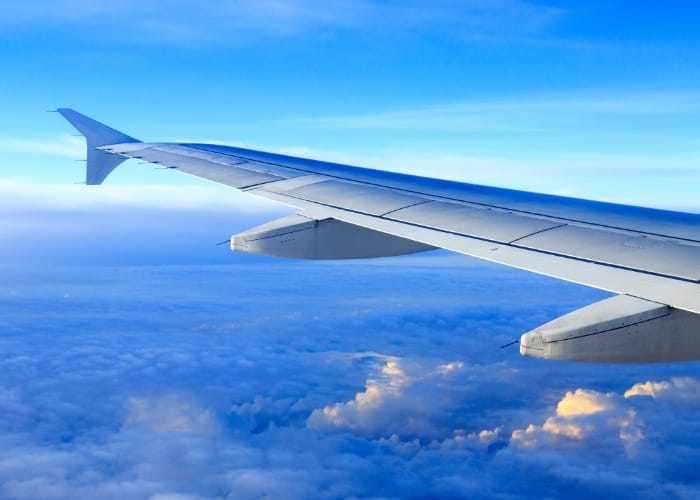
Jet fuel is a fuel used in jet engines to power aircraft.
Since aircraft trouble has a high possibility of linking directly to serious accidents that put human lives at risk, strict standards and quality control are required for jet fuel.

SAF stands for Sustainable Aviation Fuel. It is produced mainly from waste oil and fats, microalgae, woodchips, sugar cane, waste paper, etc. as its main raw materials. SAF is thought to be more effective in reducing CO2 emissions than conventional fossil-derived jet fuel.
Biojet fuel, a type of SAF, made from microalgae and woodchips, while emitting CO2 during combustion, does not increase overall CO2 in the atmosphere because its feedstock biomass is reproduced by absorbing CO2.
SAF is considered the most effective means of reducing CO2 emissions in the aviation sector. In Japan, the "GX Basic Policy" approved by the Cabinet in February 2023 set a goal of "replacing 10% of jet fuel consumption by Japanese airlines with SAF.”
To achieve this goal, the SAF Public-Private Council was established to bring together public and private sectors to discuss and share technical and economic issues and work together to promote the use of SAF. There is an urgent need to resolve issues in the areas of manufacturing, supply, and distribution.

We started handling Jet fuel in 2018.
Taking advantage of the Nakagawa Bussan Group's strength in distribution functions, we sell jet fuel to the Self-Defense Forces and private airlines. We were also one of the first in the industry to start handling SAF. In 2020, we participated as a partner company in the biojet fuel test flight project.
